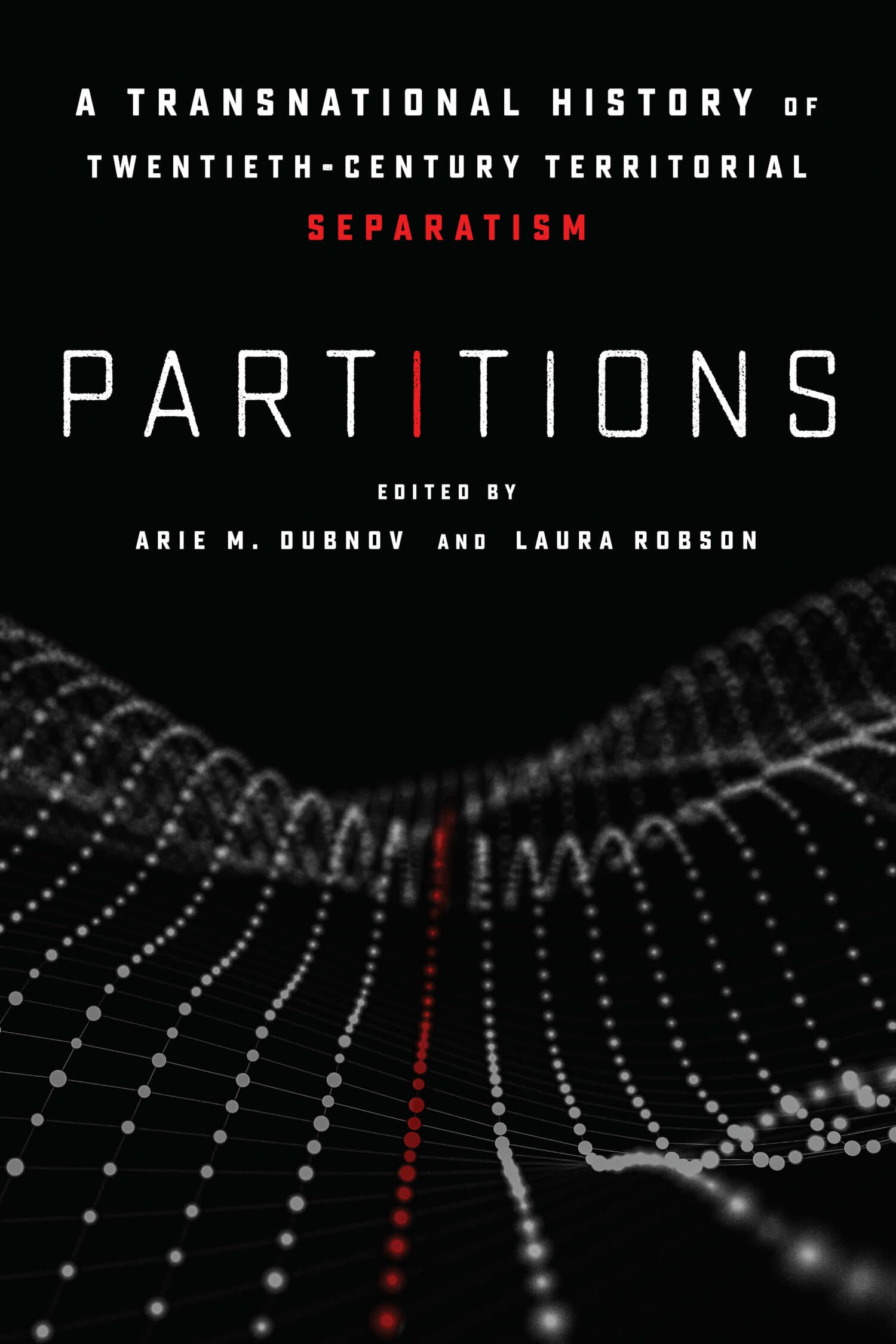East of Empire

From the outset of the twentieth century, Egyptian and Indian leaders understood their movements for self-determination as linked and part of a shared project. Following World War I, as connections between the Middle East and South Asia proliferated, Egypt and India lay squarely at the heart of increasingly complex and multilateral relations. East of Empire traces how anticolonial nationalism gained momentum across the East and documents the friendships, rivalries, cultural exchanges, and shifting political alliances that came to animate the interwar project of Easternism: a cosmopolitan vision of the world whose center of gravity lay beyond Europe, in the great city of Cairo.
Erin O'Halloran offers a compelling new account of the era immediately preceding decolonization and the epochal partitions of India and Palestine. Alongside well-known figures like Mohandas K. Gandhi, Jawaharlal Nehru, and Saad Zaghlul, she introduces less familiar but no less intriguing personalities: feminists, diplomats, and poets; surrealists, socialists and spies. Each dreamed, wrote, organized and fought for the liberation of the East—a space universally evoked, though seemingly impossible to pin down. Drawing on a broad cross-section of Indian, Arab, British, and European sources, East of Empire transcends archival partitions to tell a powerful and nearly forgotten set of stories about the rise of anticolonial nationalism and the end of empire across the Middle East and South Asia.
—Nile Green, author of How Asia Found Herself: A Story of Intercultural Understanding
"A model of comparative scholarship, East of Empire shows how the British Empire made for a new internationalism among its subjects. Bringing together Indian and Egyptian nationalisms, as well as the movements for Pakistan and Palestine, Erin O'Halloran rewrites their histories into a new narrative about the making of the postcolonial world."
—Faisal Devji, author of Muslim Zion: Pakistan as a Political Idea
"East of Empire is an insightful comparative study that illuminates a period that has been sidelined by historians. Well-researched and lucidly written, the book would appeal to scholars and students of history, globalization, and cultural formations."
—Salam Mir, Arab Studies Quarterly




